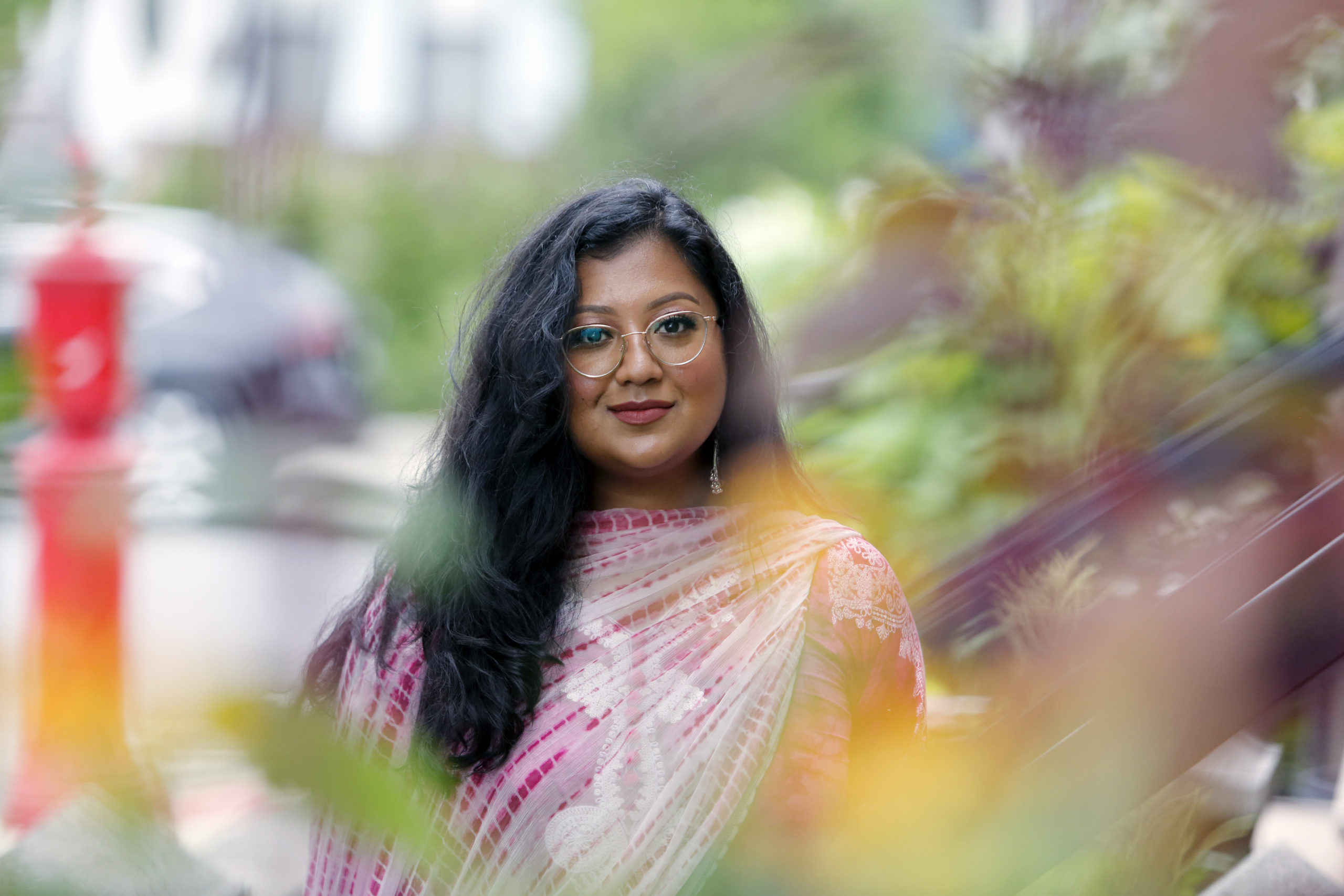Two decades after 9/11, Muslim Americans still fighting bias

Shahana Hanif, a community organizer strongly favored to win a seat on the New York City Council in the upcoming municipal election, stands in front of her home in Kensington, Brooklyn.
AP photo by Emily Leshner
A car passed, the driver’s window rolled down and the man spat an epithet at two little girls wearing their hijabs: “Terrorist!”
It was 2001, mere weeks after the twin towers at the World Trade Center fell, and 10-year-old Shahana Hanif and her younger sister were walking to the local mosque from their Brooklyn home.
Unsure, afraid, the girls ran.

Brooklyn Boro
View MoreNew York City’s most populous borough, Brooklyn, is home to nearly 2.6 million residents. If Brooklyn were an independent city it would be the fourth largest city in the United States. While Brooklyn has become the epitome of ‘cool and hip’ in recent years, for those that were born here, raised families here and improved communities over the years, Brooklyn has never been ‘uncool’.